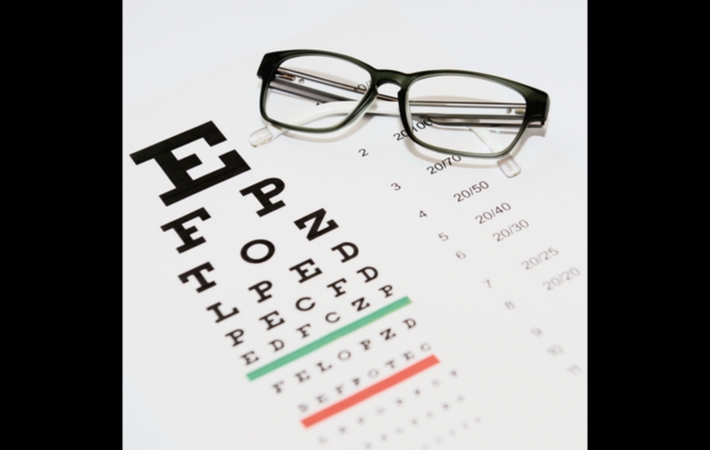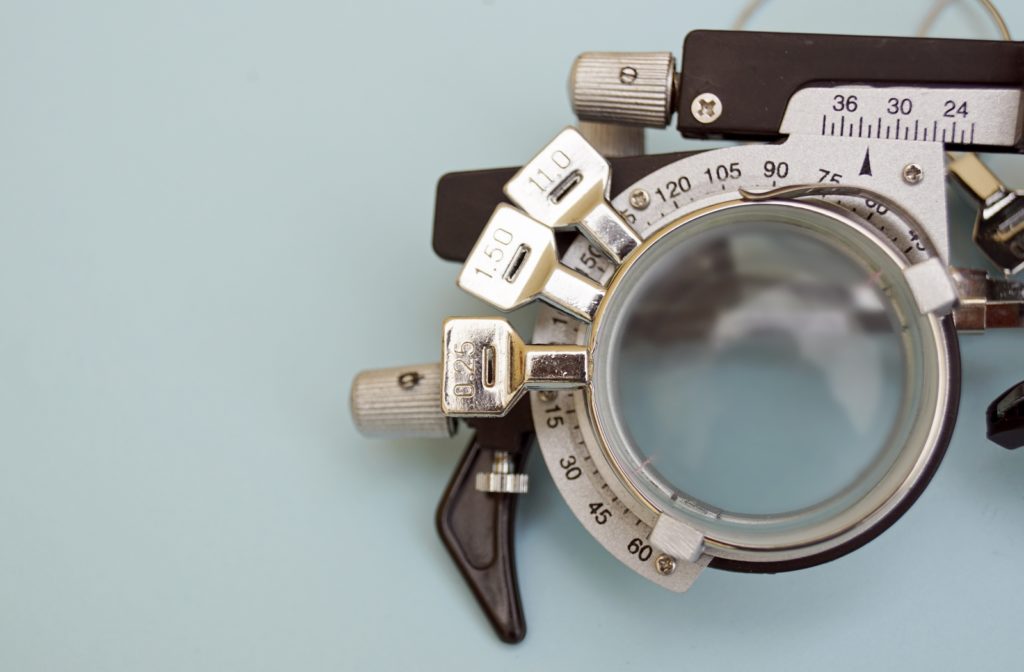10 Signs That Your Eyes Need To Be Checked
Your eyes are vital for many everyday tasks, but problems can develop. Many different eye diseases can affect your ocular health, so how do you know when to have your eyes checked?
Eye irritation can be common, so what are the signs you need an eye exam? Continue reading to learn about 10 signs you should have your eyes assessed.
10 Signs Your Eyes Should Be Examined
Good vision is important for helping you interact with the world around you. With the risks different conditions can have on your eye health and vision, you should know what symptoms warrant a visit to your eye doctor.
Signs your eyes need an examination include:
- Blurry vision
- Frequent headaches
- Double vision
- Eye pain
- Flashes & floaters
- Watery eyes
- Light sensitivity
- Trouble seeing at night
- Dry or gritty eyes
- Discomfort when using digital screens
Blurry Vision
Blurry vision is typically a sign of a refractive error such as:
However, it can indicate a significant eye condition, especially if vision blurs suddenly. You should see your eye doctor as soon as possible if you experience blurry vision. It can be a sign of macular degeneration and another eye disease.
Frequent Headaches
Everyone gets a headache from time to time, but consistent pain is a cause for concern. Headaches can develop from physical and emotional stress, but they can be a sign of eye-related problems, like eye strain.
Headaches are a common sign of an issue with your binocular vision. These issues include amblyopia or convergence insufficiency. Visit your optometrist if you experience persistent headaches, and they can help you find relief.
Double Vision
Double vision, or diplopia, is when you see 2 images of the same object. This issue can happen for several different reasons. Double vision can occur because of problems affecting your cornea, lens, eye muscles, nerves, or brain.
Double vision can be a sign of:
- Keratoconus
- Dry eyes
- Cataracts
- Diabetes
- Stroke
- Tumors
Sudden double vision is a serious concern. Visit your doctor immediately if you experience any double images appearing suddenly.

Eye Pain
No matter the severity, pain in or around your eyes is a sign you should see your optometrist. This pain may go away on its own, but only your eye doctor can determine what’s going on. Eye pain can be a sign of many different eye conditions, including:
- Allergies
- Eyelid inflammation
- Cluster headaches
- Corneal abrasion
- Dry eyes
- Foreign object
- Glaucoma
- Conjunctivitis
If you experience sudden or severe eye pain, visit your eye doctor as soon as possible.
Flashes & Floaters
Flashes and floaters are normal, but an abnormal amount of them can be a sign of a torn or detached retina. Floaters are small groups of gel or cells inside your eye. They look like specks, dots, circles, or squiggles that appear in your vision.
Flashes look like flashing lights or streaks of light in your vision. They occur when the vitreous, the gel inside of your eye, rubs against the back of your eye.
Watery Eyes
Watery eyes occur when your eyes are irritated and dry. When your eyes continue watering, it’s typically a sign you have dry eye disease, a common condition. It develops when your tears can’t properly lubricate your eyes.
Sometimes your eyes are dry for another reason. You can try over-the-counter eye drops to help moisten your eyes, but a visit to your optometrist is likely if your watery eyes continue.
Light Sensitivity
Light sensitivity occurs when bright lights hurt your eyes. Mild cases of light sensitivity cause you to squint in a bright room, but more severe cases cause pain. It’s associated with many different conditions, including:
Trouble Seeing at Night
Seeing at night becomes more difficult as you age. However, it can mean other eye problems, such as cataracts and macular degeneration. Trouble seeing at night can affect your ability to drive or see in a low light setting.
Difficulty seeing at night is a sign you should see your optometrist for an examination.
Dry or Gritty Eyes
If your eyes feel dry or gritty, you may have dry eye disease. This condition can affect your eyes in other ways, including:
- Watery eyes
- Blurred vision
- Red, irritated eyes
Your environment, such as air conditioning, can dry out your eyes, but this irritation should be temporary. Speak with your eye doctor if your dry or gritty eyes persist.
Discomfort When Using Digital Screens
Digital eye strain is a growing problem. People use their digital devices more than ever, and people of all ages can experience irritating symptoms. If your eyes hurt after using your computer or phone, you may have this condition.
You can try handling this condition from home by improving your computer habits and work environment, but visit your optometrist if your symptoms continue. They can recommend possible treatment after completing an eye examination.
Protect Your Eyes & Vision
Eye irritation can happen and mean nothing significant, but be careful with your eye health and vision. Your optometrist has your best interests at heart, so don’t suffer through symptoms. Request an appointment if you experience any of these 10 signs.
If you’re having visual issues, contact your eye doctor.



